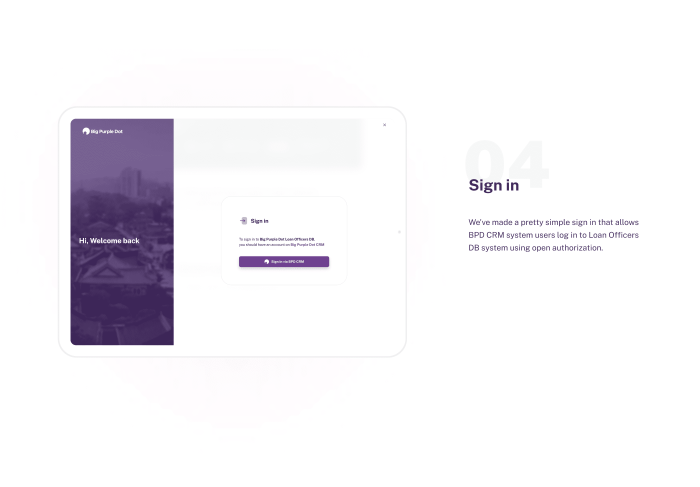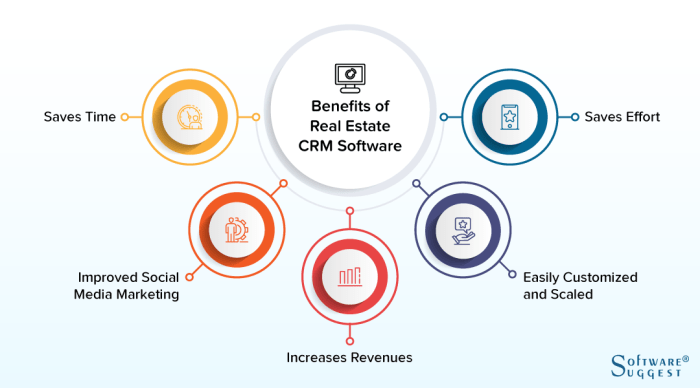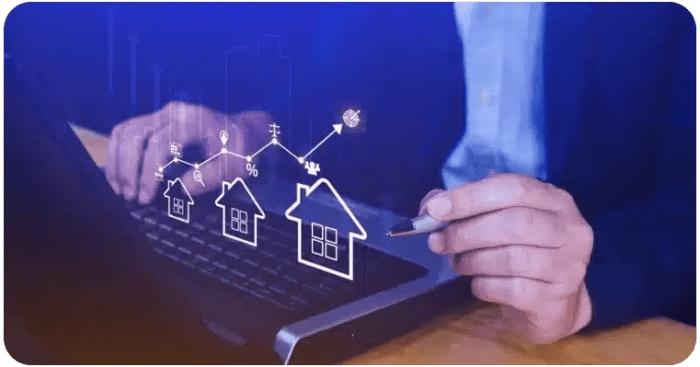Q&A: Commercial Real Estate Crm Software
Commercial real estate crm software – What are the key benefits of using a commercial real estate CRM?

Source: behance.net
Key benefits include improved client relationship management, streamlined transaction processes, enhanced data analysis, and ultimately, increased profitability.
How does a CRM help with lead generation?
CRMs often integrate with marketing automation tools to nurture leads, track interactions, and qualify prospects, thereby significantly improving the conversion rate.
Is the software scalable for growing businesses?
Many commercial real estate CRM solutions are designed with scalability in mind, accommodating growth in clients, properties, and staff.
What types of reporting are available?
Reporting capabilities vary but typically include detailed financial reports, property performance metrics, and client activity dashboards.

Source: amazonaws.com
What are the typical costs associated with commercial real estate CRM software?

Source: kenyt.ai
Pricing models differ by provider and features offered, but often include options for monthly subscriptions, tiered pricing, and customized solutions.